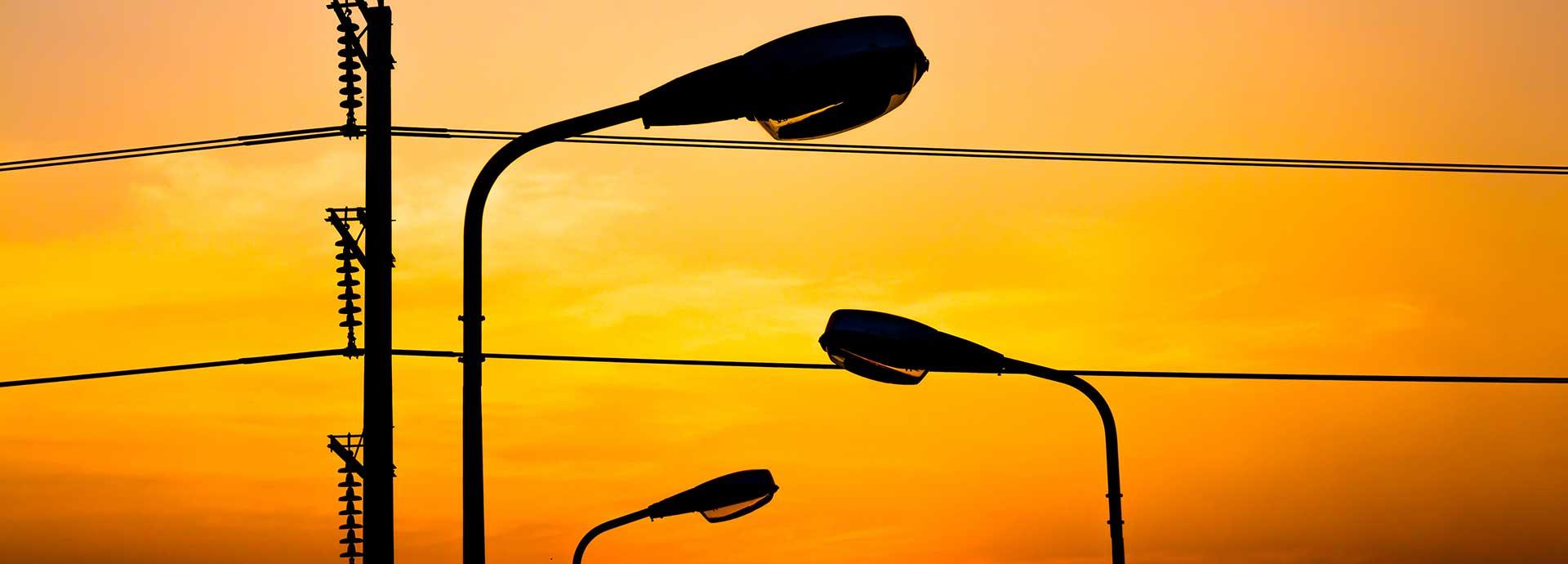

A few months ago, the world’s largest airport, the Hartsfield-Jackson Atlanta International Airport faced a partial shutdown on account of a power outage. The outage left thousands of passengers stranded for almost 11 hours and led to the cancellation of several flights. A few days later, US airline company, Delta stated that it had lost between USD 25-50 million in revenue on account of that incident and wanted its losses to be compensated.
Delta was only one of the many airline operators that had to cancel its flights that day. The cumulative impact to business would have been multi-fold. That’s the destructive power of just one power cut in an energy-efficient economy.
According to a report by Allianz, ‘the financial impacts of even a small power cut can be catastrophic. Analyses from blackout events in the US show that a 30-minute power cut results in an average loss of USD 15,709 for medium and large industrial clients, and nearly USD 94,000 for an eight-hour interruption. Even short blackouts – which occur several times a year in the US – add up to an annual estimated economic loss of between USD 104 and USD 164 billion’.
The report also states that a single historic power blackout has typically resulted in a loss of 6,000,000 euros per hour for the financial trading sector and 30,000 euros per minute for the telecom sector.
Weak link
The results of rolling power cuts can be far more devastating and long-term in nature and bring an entire economy to a grinding halt. Take for instance the case of South Africa. Between 2008 and 2015 the country lost billions on account of rolling blackouts caused by poor system planning and weak policy decisions that dated back to 1998. The country delayed building large-scale coal-fired power plants and was faced with a massive supply gap.
Alternatives, like refurbished old and inefficient coal stations and diesel-fuelled open cycle gas turbines (OCGT’s) set the tariff sky rocketing because they were expensive to operate on account of low efficiency and high fuel costs.
“In South Africa, it is estimated that the cost of unserved energy is approximately 100 times the actual cost of electricity. It is a classic example of why large-scale power plants that take many years to build are inappropriate in a world where change is constant and disruption is around every corner,” explains Wayne Glossop, Business Development Manager, Wärtsilä Energy Solutions.
Betting on Smart Solutions
South Africa’s solution could be found in adopting decentralised Smart Power Generation systems, which use a combination of renewables, gas, and storage. Currently, the recommended energy plan for SA indicates a clear transition towards a heavy gas/renewable (not storage, yet) energy mix up until 2050 but implementation of this recommendation is yet to materialise.
Smart Power Generation helps utilities achieve significant fuel savings not only during times of a power crisis but also in daily grid operations and provide consumers reliable and cost-effective electricity. Several economies around the world are now opening up to Smart Power Generation to overcome the deficit in their legacy power systems.
Sampo Suvisaari, Regional Director, Latin America North and the Caribbean, Wärtsilä Energy Solutions explains, “power outages and blackouts are nearly always related to either distribution or transmissions system failures rather than power generation capacity per se, or as was the case in a major power outage in Puerto Rico in 2016, it was due to old-fashioned centralisation of power generation in unit sizes that are too large. Through Smart Power Generation, electric systems can become cleaner, more efficient and more reliable.”
Indeed. The good news is that the cost of renewables as well as storage systems has been falling. And that makes it not just a smart but economically and financially viable solution that will help reshape the global utilities sector going forward.